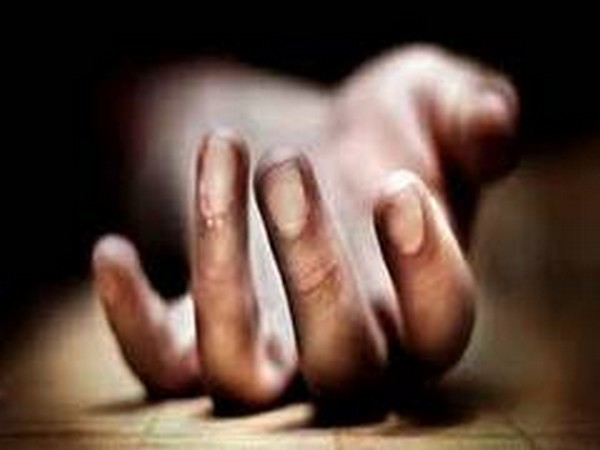TB, cholera deaths may cancel out lives saved during lockdown: Health expert

- Country:
- India
Neglect of diseases like TB and cholera during the lockdown may cancel out lives potentially saved by the COVID-19-induced enforcement measure, says a public health expert. Professor, Indian Institute of Public Health, Hyderabad, Public Health Foundation of India, V Ramana Dhara said one has to consider the invisible loss of life from the increase in poverty-related diseases like TB, malnutrition, and cholera, which can be neglected while the "lockdowns are ongoing".
The deaths resulting from these diseases may well cancel out the lives potentially saved by the lockdowns. One should view this epidemic as Mother Nature's reaction to the rampant ecological damage caused by humans resulting in animal habitat loss and resultant contact between humans and animals, he told PTI in an interview on Sunday. On his assessment of the COVID-19 situation in India, he noted that clearly the number of cases as on Saturday of 125,000 has exceeded the predicted 100,000 by May-end and is continuing to rapidly rise.
While the case fatality rate is holding steady, overall mortality is more important, but there may be an under-count if some deaths may not be tested for COVID-19, (example: people dying at home)", Ramana Dhara said. Dhara is an occupational/environmental medicine physician board-certified by the American Board of Preventive Medicine in Occupational Medicine and the American Board of Independent Medical Examiners.
India's fraction of the elderly population is below 10 percent, which may account for the lower mortality. However, if a significant portion of deaths is not tested for COVID, that may also result in lower mortality (where deaths occurring at home are not tested), he said. According to him, most models predict a continuing rise in cases with no peak insight in the country.
"If there eventually is a dip, we have to be prepared for a possible second wave similar to the 1918 Spanish flu. There is currently no way to tell if this will occur," said Ramana Dhara who, as a member of the International Medical Commission on Bhopal disaster, has designed and published the long-term health effects studies on the exposed community. His work on exposure assessment in the gas victims is being used as a teaching tool in environmental epidemiology.
"Since there is no vaccine or proven treatment yet, we can only rely on the hygiene measures," he said when asked as to what else needs to be done on an urgent basis in addition to wearing masks, and maintaining physical distancing. "It is imperative that these measures must be strictly implemented.
We are seeing a return to the old ways of indiscipline with the partial lifting of the lockdowns. The virus will definitely spread and we are already witnessing the rise in the number of cases. The hospitals need to be urgently prepared with oxygen and ventilatory support and ICU beds," he added.
Ramana Dhara, the former Medical Director of the Occupational Health Clinics, Centers for Disease Control & Prevention, Atlanta, the US, said the lockdown must be lifted from June one to permit economic productivity to rise. "However, hygiene measures must be strictly implemented by the police. Otherwise the rapid rise in cases may see a return of the lockdowns. One can consider lockdowns in certain containment zones depending on specific public health criteria as outlined in the Kerala model", he said.
On his assessment about eventual COVID-19 deaths in India, Ramana Dhara said: There is no way to predict this, but we must prepare our health systems to tackle severe cases.
(This story has not been edited by Devdiscourse staff and is auto-generated from a syndicated feed.)
ALSO READ
Former Spanish soccer federation head Luis Rubiales set to return to Spain amid corruption probe
Spanish PM says Israeli explanation of aid workers attack is 'insufficient and unacceptable'
Soccer-Spanish league player suspended after confronting racist abuser
Spanish group working with World Central Kitchen stops using sea route to Gaza
Peru accelerates highway project on $3.4 bln deal with Spanish firms










